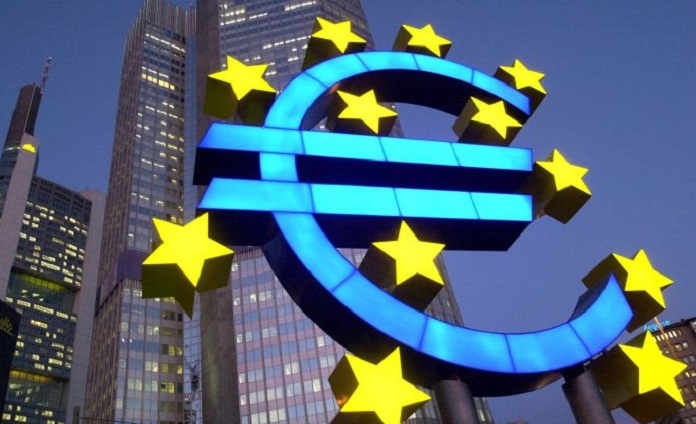Eurozone inflation doubles as low oil price impact fades

The statistics agency said the services sector had the biggest influence in raising inflation, with its prices up 1.2 percent on the previous year.
Energy costs were the biggest drag, though they were only 3 percent lower in the year to September compared with 5.6 percent the previous month, meaning they had less of an impact than before. That trend is likely to continue over coming months given the recent uptick in oil prices. This week`s decision by the OPEC oil cartel to limit production gave oil prices a further push higher, a move that`s likely to raise costs at the pump and for businesses.
Still, overall inflation remains well below the ECB`s target of just below 2 percent and few economists think it`s going to get to those levels anytime soon, partly because the economic recovery across the currency bloc remains modest — as evidenced by leaden eurozone-wide unemployment figures on Friday.
Eurostat said unemployment across the eurozone was steady at a 5-year low of 10.1 percent in August. Worryingly, that rate hasn`t changed for five months and the actual number of unemployed rose by 8,000 during August to 16.33 million — suggesting the economic recovery is running out of steam.
The core inflation rate, which strips out supposedly volatile items such as food, energy, tobacco and alcohol, is considered by the ECB to be a good gauge of the price pressures that a healthy economy creates. Here again, inflation remains muted, unchanged at 0.8 percent in the year to September.
The unchanged core rate will likely disappoint policymakers at the ECB. But economists think the increase in the headline rate is likely to be enough for the bank to maintain policy pat at its meeting on October 20. Most bank watchers think it`s ready to do more, such as extending the duration of its bond-buying program, but most likely at its December meeting, when it will be armed with updated economic forecasts.
"With a large amount of slack in the labor market, underlying price pressures will remain subdued, meaning that pressure on the ECB to increase its monetary stimulus will build," said Jack Allen, European economist at Capital Economics.















































